In view of the strict licensing laws concerning foreign banks, the acquisition of a local finance company by BCCI in 1982 in Thailand was the 52nd country to be covered by its network and also served as a pivot that linked Thailand to other BCCI branches in South-East Asia.
Country information
Thailand, officially the Kingdom of Thailand and historically known as Siam until 1939, a country in South Asia that is bordered by Myanmar (Burma) to the north west, Laos to the north east, Cambodia to the south east, east and the Gulf of Thailand and Malaysia to the south.
.jpg)
Bangkok was Thailand’s capital and largest city.
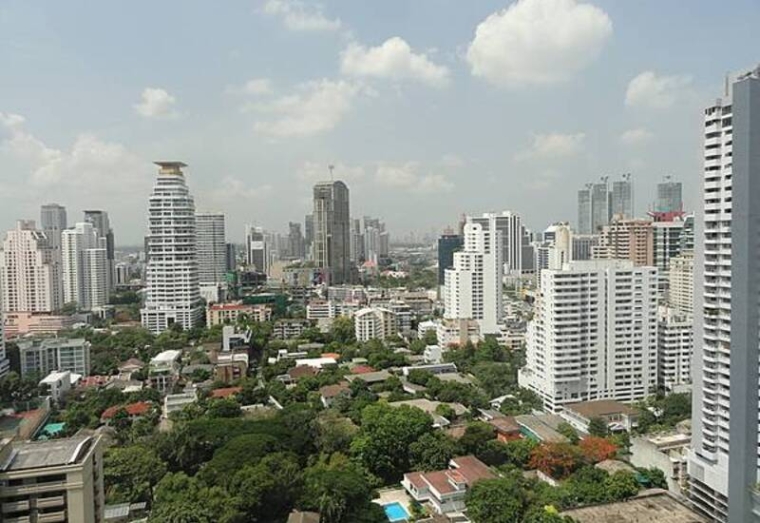
Until the second half of the 20th century, Thailand was primarily an agricultural country, but since the 1960s increasing numbers of people moved to Bangkok and other cities. The greater Bangkok metropolitan area developed as the preeminent urban centre in the country,
History
Siam, as Thailand was officially called until 1939, was never brought under European colonial domination.
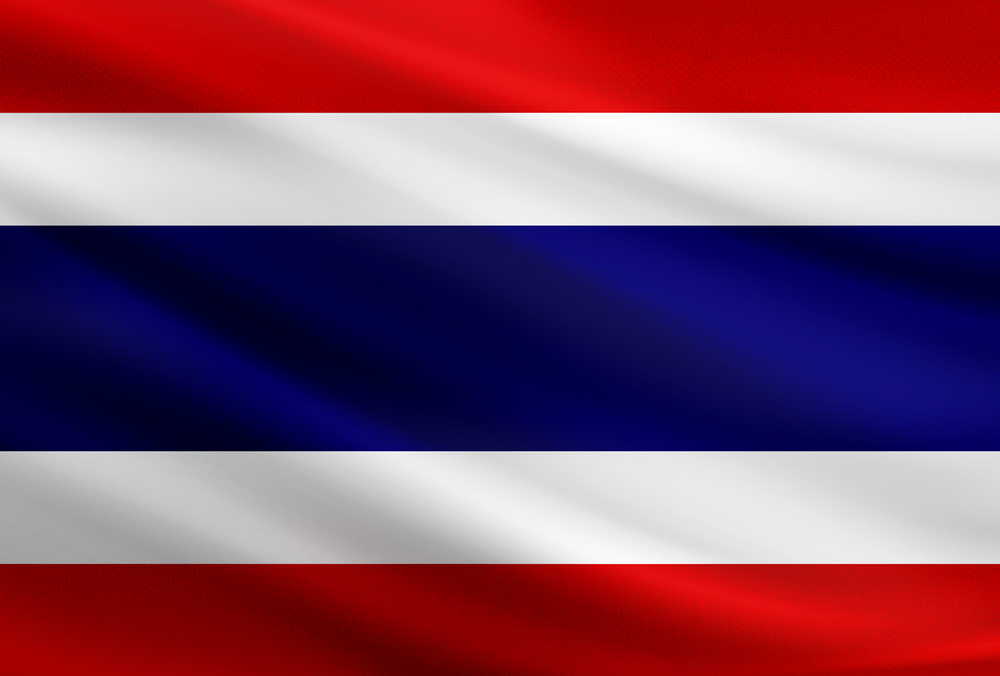 Independent Siam was ruled by an absolute monarchy. A bloodless revolution in 1932 led to the establishment of a constitutional monarchy.
Independent Siam was ruled by an absolute monarchy. A bloodless revolution in 1932 led to the establishment of a constitutional monarchy.
Population and language
The population of Thailand when BCCI established its presence in 1982 was around 49 million.
The Thai ethnic group represented over nearly 97%.
Thai was the official language. Mala, Burmese and other languages were also spoken, with English widely used in Thailand for commercial and many official purposes.
Economy and foreign trade
Prior to the 1960s Thailand’s economy was based primarily on the production of rice and other foods and goods for domestic consumption and of rice, rubber, teak, and tin for export.
The country’s mineral resources included tin, tungsten, manganese.
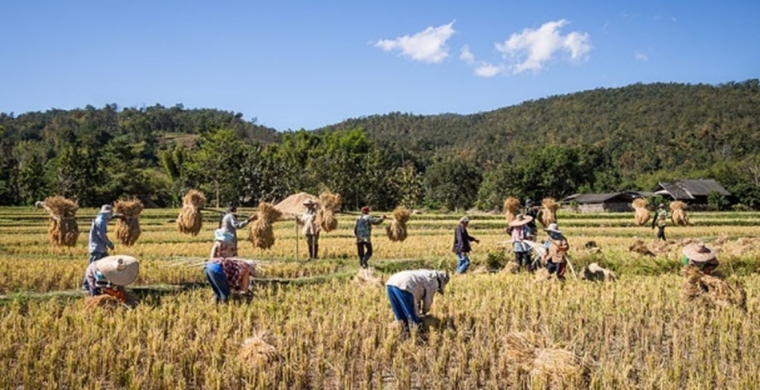
The government then began to promote a shift from agriculture to the manufacture of textiles, consumer goods, and, eventually, electronic components for export.
Export-oriented industries and financial institutions, especially those created in the 1980s relied heavily on foreign capital.
Thailand had hundreds of islands both in the Gulf of Thailand mostly located on the coast, and in the Andaman Sea.
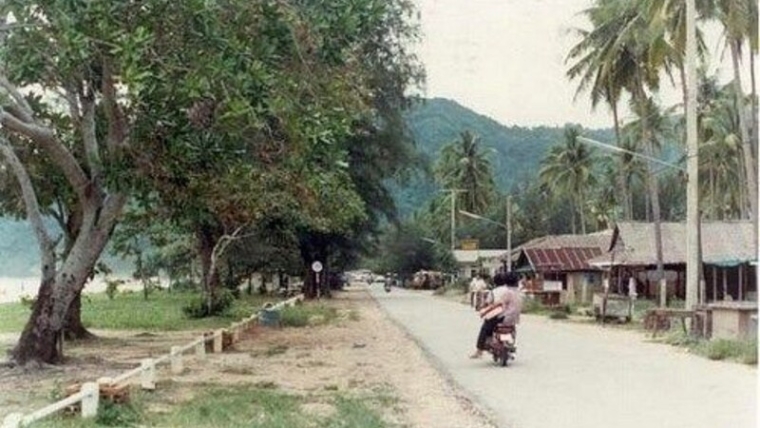
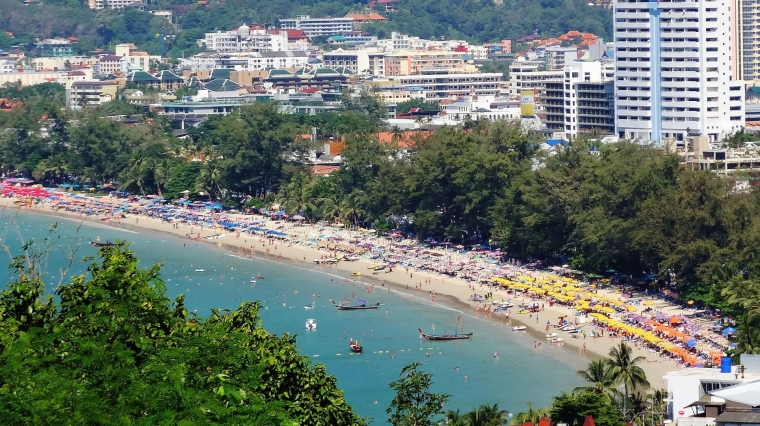
Formerly most of the islands were uninhabited, but many had been developed for tourism to make up an important share about the country's economy.
Foreign trade in 1980s:
Main exports: tapioca, rice, rubber, tin, maize sugar.
Main imports: machinery, transport equipment fuels, metals, chemicals, fertilisers.
BCCI in Thailand
In February 1982, BCCI acquired an interest in Thailand through a local finance company in Bangkok, the BCC Finance and Securities Ltd (BCC Finance).
Thailand actively promoted financial liberalisation and internationalisation with a view to establish Bangkok as a major financial centre rivalling and Singapore and serving all of Southeast Asia. The structural changes implemented resulted in strong economic performance in the 1980s.
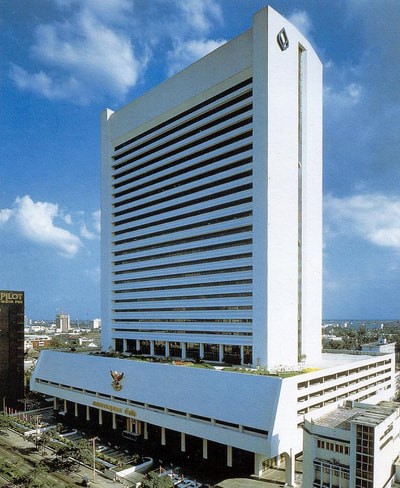
The head office of the BCC Finance in the new 32 storey Bangkok Bank building on Silom Road was inaugurated on 25 February 1982 by Princess Galayanivadhana, sister of King Rama of Thailand.
The building was the tallest in Bangkok at the time. The spacious new office of BCC Finance was located on the 17th floor.
Mr J D van Oenen, a director of BCCI, delivered an opening speech. This was followed by an address by the Princess who also offered a toast to the new BCCI venture. She gave the Bangkok office a further mark of distinction by signing the Visitor's book.
The chairman of BCC Finance was Dr Thavil Khuntrakul, a highly respected figure in Thai and international financial circles. Formerly, he was deputy governor of the Bank of Thailand and executive director of the World Bank.
The first manager of BCC Finance was Mr Nooruddin Ahmad who was previously the BCCI representative in Jakarta, Indonesia. He first joined BCCI in Hong Kong in 1976, following a career that started during the early 1960's with United Bank in Pakistan.
BCC Finance and Securities Ltd was located at:
Bangkok Bank Building 17th Floor
333 Silom Road
Bangkok 5
Telephone: (662) 235 0670/9 – 236 7521/4
Fax: (662) 236 7527
Telex: 84287 BCCF BKK TH
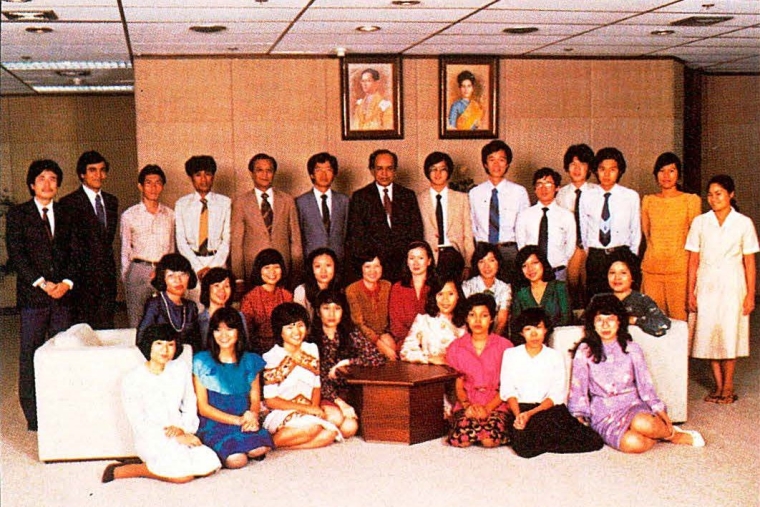
BCCI closure
On 5 July 1991 the Bank of England and other regulators in the west decid-ed to freeze BCCI Group's assets and abruptly shut down BCCI's opera-tions worldwide.
The priority of the governments and central banks in some countries was to protect their people and the local operations of BCCI continued in a differ-ent name after the assets and liabilities were acquired by private investors or another bank.
No information is available about BCC Finance and Securities operations in Thailand, after the decision of western central banks on 5 July 1991 to abruptly shut down BCCI worldwide.
The BCCI Group majority shareholders considered the abrupt action by western central banks to shut down BCCI in 1991 was unjustified when they already had detailed discussions with the Bank of England and other regulators on a restructuring plan and would have injected further capital, if required.
In a 24-page report not made public but sent to some 60 central bankers worldwide, the United Nations Center on Transnational Corporations said that by simply shutting down the 70-nation banking network that financed international trade of $18 billion a year, the economic damage fell hard-est on countries like Nigeria, Bangladesh and Zambia, where B.C.C.I. was an important institution. (New York Times, Feb 5, 1992)
